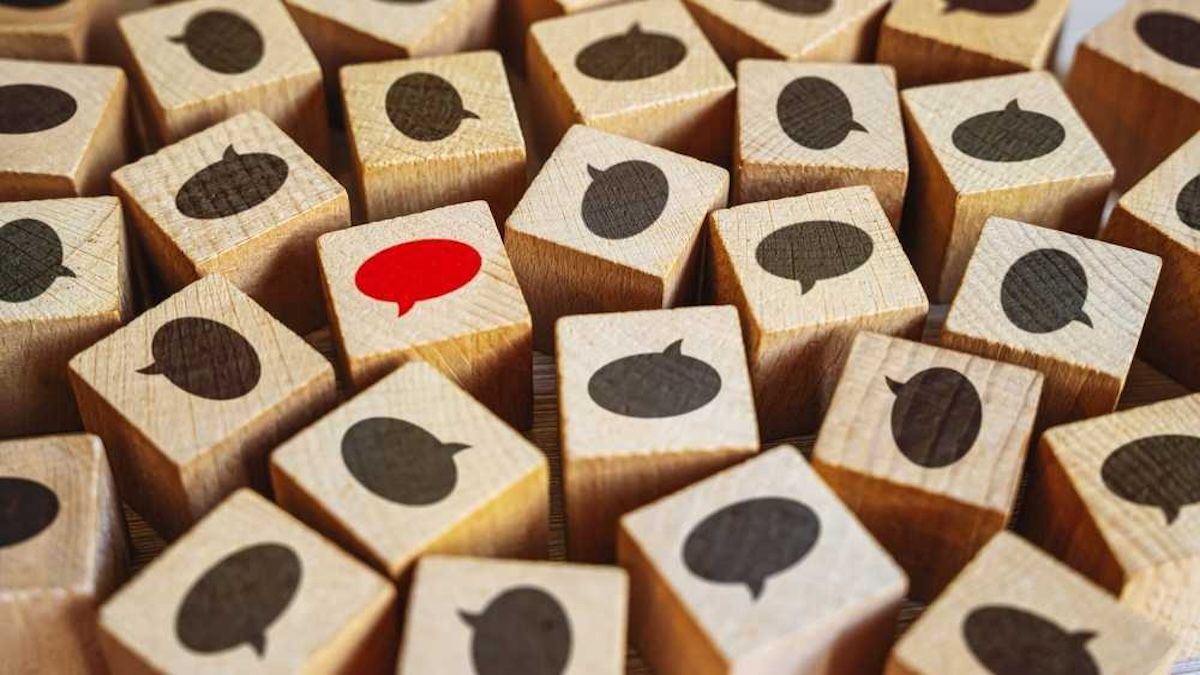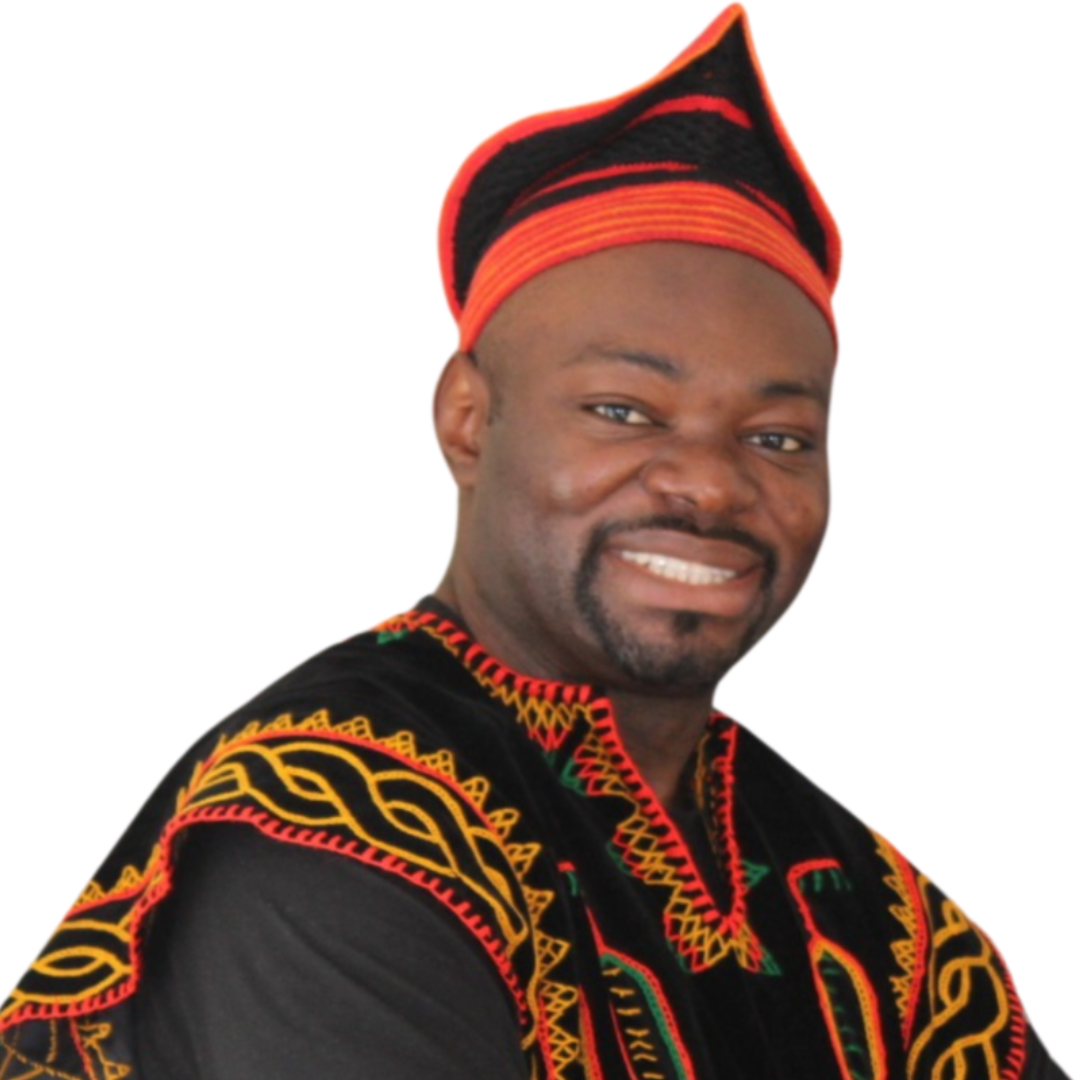Regulating Speech in the African Digital Marketplace of Ideas
Bernard Ngalim / Oct 25, 2024
Shutterstock
Like most of the world, social media has become the predominant platform for expressing the freedom of speech, expression, and thought. These new forms of communication have invited discourse about how far we can protect online speech in Africa. For example, Edward Awebwa got a six-year prison sentence in Uganda for spreading hate speech and circulating “misleading and malicious” information about the country’s presidential couple. Last year, Neth Nahara, an Angolan social media activist, blamed the President for anarchy and disorganization and was sentenced to prison. And in July 2024, Junior Ngombe, a TikToker, was arrested in Cameroon and charged with inciting a rebellion and propagating false information. Government authorities in Cameroon then prohibited communication about the president's health and instituted a monitoring mechanism to enforce the prohibition.
The above examples demonstrate that disfavored online speech is increasingly becoming another category of prohibited speech. Although freedom of speech, thought, and expression are fundamental to human existence, there can be legal limitations. Intentionally misleading, intimidating, threatening, untrue, and reckless speech and expression that put individuals or groups of individuals in harm’s way have been prohibited by criminal and civil laws in many countries. The proliferation of social media communication has accentuated calls for prohibiting misleading and hateful content.
Yet, what would happen to freedom of thought, speech, and online communication if we prohibited true but discomforting speech in Africa? Adding another layer of prohibited speech may only give politicians in Africa another avenue to curtail the freedom of online communication. As reviewed below, the rise of hate speech regulation in some African countries provides a glimpse of the threats to online freedom of speech, thought, and expression.
Could hate and misleading speech laws in Africa be veiled attempts at political censorship?
Most regulations adding a layer of protected speech prohibit hate and misleading speech. Although discussing the rise of prohibited speech in Africa, the American experience provides a nuanced concept of prohibited speech. The United States Supreme Court has held that “speech cannot be restricted simply because it is upsetting or arouses contempt.” For example, for a public figure to recover civil damages from certain harms arising from speech protected from speech, the speech must be a “false statement” and must have been made with “actual malice.”
That being said, “the First Amendment permits a State to ban 'true threats’... “which encompass those statements where the speaker means to communicate a serious expression of an intent to commit an act of unlawful violence to a particular individual or group of individuals.” The First Amendment's protection of free speech in the U.S. is continually redefined through court decisions, academic debate, and societal values, balancing freedom with the potential harms of unrestricted expression.
In contrast, other countries in Africa have taken a more strident approach, criminalizing certain kinds of speech, such as hate speech. For example, Uganda’s 2022 amendment of the Computer Misuse Act defines hate speech and prohibits using a computer to:
“write, send or share any information ... likely to ridicule, degrade or demean another person, group of persons, a tribe, an ethnicity, religion or gender. Or create divisions among persons, a tribe, an ethnicity, a religion or gender. Or promote hostility against a person, group of persons, a tribe, an ethnicity, a religion or gender.”
The law equally prohibits the sending, sharing or transmitting [of] malicious information about or that relates to another person through a computer.” According to Muleya Mwananyanda, Amnesty International’s Director for East and Southern Africa, by targeting unsolicited, false, malicious, and hateful information, the law threatens freedom of expression and could be used to silence government critics and prevent dissent.
In 2019, Cameroon amended its Penal Code to make hate speech and hate crimes illegal. The law prohibits hate speech or action committed through contempt, defamation, abuse, or threat based on inciting violence due to one’s race, religion, and ethnic origins. This law doubles the penalty for hate speech or crimes committed by a public servant, a leader of a political party, a non-governmental organization, or a religious institution. The 2016 version of the Penal Code prohibits the sending or propagation of false information likely to injure public authorities or national unity. This prohibition does not provide an exception or a standard of review, and the law further prohibits the publication or propagation of any news without the ability to verify or have valid reasons to believe its accuracy.
Guinea’s criminal law prohibits publicly encouraging discrimination, hatred, or violence against a person or a group of people based on their background or affiliation with a particular ethnic group, nation, race, or religion. The law increases the penalties when these offenses are committed with the intention of stirring up hatred between people or showing contempt for others. Regarding social media, the law prohibits using electronic communications or an information system to insult a race or religion, and the penalties double if the offense seeks to arouse hatred between citizens or contempt for others. The law also prohibits intentionally communicating or disclosing false information to deliberately make people believe in an imminent attack on people or property.
A more nuanced approach
The implementation of hate speech and misinformation laws in African countries is a topic of concern and can easily lead to political abuse since they do not require the prosecution to prove that the speech resulted in any form of harm. Speech should be limited if it is directed at a specific person or group of persons when made with the intention or has the ability to cause physical or reputational harm. Without such requirements, public authorities may tend to limit, prohibit, and criminalize speech and expression they find uncomfortable.
Restricting non-harmful speech will force citizens to self-censor, which can result in the complete abandonment of the marketplace of ideas. The immediate consequences will be a decline in democracy and the perpetuation of authoritarian rule. Democracy thrives on the exchange of ideas, where citizens can express themselves freely in writing, speech, theater, etc. Social media and the internet have provided avenues for Africans to bypass the highly regulated media space to share their ideas, organize, and advance democracy. Regulating non-harmful speech negatively affects democracy, reduces the civic space for public engagement, and may force Africans to flee the continent to other countries where they can freely express themselves.
In the age of artificial intelligence and technological innovation, Africa cannot systematically engage and compete with other nations if the current space of limitations on speech persists or expands. For example, Darrell M. West and John R. Allen argue that artificial intelligence is transforming all industries, leading innovation and change, and improving business and system performance. These advancements are producing significant economic and social advantages and Africa can benefit from these changes.
Despite its advantages, artificial intelligence also presents risks such as spreading misinformation, large-scale influence, targeted manipulation, and deepfakes. These risks may circulate messages that counter the official narrative. However, artificial intelligence (AI) offers more advantages than risks and threats, and African policymakers should focus on these advantages and encourage innovation that can lead to economic growth. It's important to address the threats as a policy issue and approach them carefully so as not to negatively impact the positive impacts AI can bring to Africa.
Upholding the freedom of speech in Africa encourages the free exchange of ideas through disagreements and discomfort, fostering innovation and development through the clash of ideas and critical thinking. African democracy and economy cannot mature if politicians refuse to confront their ideas in challenging ways and encourage innovation. This will hinder citizens’ ability to choose the best policies resulting from these challenging communications. Insisting on regulating or prohibiting free speech inadvertently slows Africa’s democratic maturity and innovation, which depend on challenging communication environments. Although society may encourage individuals to maintain decorum, politeness, sympathy, and empathy when communicating, politicians cannot require these of citizens.
Authors
